This story was co-published with Triad City Beat as part of our joint Equitable Cities Reporting Fellowship For Racial Justice Narratives.
To her neighbors, employers, kids and church, Socorro had long been an integral part of Greensboro, North Carolina. She just didn’t have the documentation to prove it.
Socorro migrated from Mexico to the U.S. in 1997 without a visa. As an undocumented immigrant, she wasn’t eligible to apply for a federally-issued or state-issued ID. She agreed to speak with Triad City Beat and Next City anonymously; we are using a pseudonym to protect her identity.
“Mexico was not in the best political state. So there wasn’t very much opportunity for employment,” she says.
Like many of Greensboro’s undocumented population, Socorro made the dangerous journey across the U.S.-Mexico Border for a better life. She had her kids very young and she couldn’t find enough work in her home country to support them.
Her journey was harrowing and much of it was on foot. She remembers jumping off of a moving train and injuring her leg, but choosing to walk on anyway. “But by the grace of God, I didn’t die,” she says.
Socorro lived in Virginia for about five years before moving to Greensboro. For years, she lived her life without an officially recognized ID. Then, in 2015, she needed surgery. The clinic told her they couldn’t move forward with any treatment until she had a photo ID that established both proof of residency and identity.
Socorro turned to her community for help. Her pastor at Definition Church, suggested she turn to the local nonprofit FaithAction International House, which provided immigration assistance through several programs. The nonprofit launched an ID program and could help her, her pastor explained. She filled out an application, brought a utility bill to establish residency and a birth certificate — the only valid document confirming her identity from Mexico — and got her photo taken. She’s had a FaithAction ID ever since.
Since its ID program launched in 2013, the organization and their network partners across the nation, have issued IDs to more than 30,000 individuals, enabling them to take part in their city’s civic life. The project, which began as a partnership between the organization and the Greensboro Police Department, has begun to extend its outreach to unhoused residents as well as undocumented immigrants.
In response to concerns about public safety, the Greensboro Police Department approached the organization alongside local faith leaders in 2013 hoping to find a solution to bridge the gap between immigrant communities and their officers, who at that point weren’t getting many reports or tips from neighborhoods with predominantly migrant populations.
Maybe because of inflammatory rhetoric against the immigrant community in recent years or a general distrust of authority figures, immigrants like Socorro operated under the radar of law enforcement.
“[The Greensboro Police Department] was informed a lot of times, families, immigrant refugee families were not reporting these crimes due to the lack of identification,” says Jasiel Bernal-Muñoz, FaithAction ID Program Manager. “They feared the police. If the police department showed up at their front door to get a statement or to follow a report they knew they would be asked for a form of ID and if they didn’t have one, they themselves would go through the consequences.”
Alternative ID programs around the country
Municipal ID programs have been around since 2007, when the city of New Haven, Connecticut launched the Elm City Resident Card. The photo ID card allowed residents to access basic services around the city. Since then, cities like New York City, Washington D.C., San Francisco and Ashbury Park, New Jersey have all launched programs.
Like the Greensboro model, many ID programs nationwide came about through a coalition between faith leaders, immigration advocates and other civic leaders.
Some ID programs were created to enable residents to access city-run programs like Washington D.C.’s One Card, which was initially launched to increase youth participation in recreational programs and after-school services. Others were started because of tragedy, like Ashbury Park’s program, which exposed the consequences of a poor relationship between police and immigrant communities. When an undocumented immigrant was murdered in the city in 2007, police were unable to solve the case after very few immigrants were willing to divulge any helpful information.
While some states like California and Massachusetts allow undocumented immigrants to apply for a driver’s license, it doesn’t provide a perfect solution for everyone — some people can’t drive, others simply don’t have all the documents required (the list of accepted documents for DMVs can be long) and state laws can easily change. North Carolina for instance, used to have a similar law, but then walked back the policy.
Being responsible for a city with a high concentration of immigrants of various legal statuses, the Greensboro Police Department says it needed a solution to do its job efficiently. Not only did the creation of the ID program help build trust between police officers and the immigrant community, it also ensured the consequences would be equal to a resident with legal status if an ID holder did break the law, like driving without a license.
“Having a Faith Action ID is the difference between me just writing a ticket, and spending the night in jail, unfortunately,” says Greensboro Police Department’s Sgt. Victor Sanchez, School Resource Program Officer and primary liaison for the ID program.
Sanchez says it also helps community relations that police officers are almost always present at Faith Action’s in-person ID application events, where they can present on the importance of having a recognized ID and answer applicants’ questions directly.
“We never want to have that first interaction when they get in trouble,” Sanchez says.“So we try to have a positive interaction ahead of time. And having these forums helps that, so they have we so can humanize the police, right? We’ve shown them that we’re not [Immigration and Customs Enforcement] and we’re able to talk to them, and that makes a difference.”
Sanchez notes municipal IDs have also helped protect precious original documents and prevent fraud. He’ll often see things like consulate records, passports, birth certificates or other original documents crumpled in people’s wallets or bags. Worst still, some from the undocumented community are sold fake IDs mostly created overseas online. “Those cards are not illegal until you try to use it for something legal like when you’re being pulled over and you’re using it as an official ID,” says Sanchez.
The FaithAction ID is recognized by the entire department. “Our officers know what a FaithAction ID looks like. It’s best to just have a copy of your passport or birth certificate and your ID card on instead of just carrying your one and only birth certificate around.”
Limits to Greensboro’s municipal ID program
There are clear limits to the FaithAction ID card. From the in-person, presentation, to the videos and application documents, it’s made clear a FaithAction ID is a non-government ID.
The card is only used to establish identity and residency. ID holders cannot use it to vote, for example, and only certain banks, medical facilities and other businesses have chosen to accept it as valid identification.
And the ID’s benefits are dwindling.
When it was first established in 2013, ID holders could use the ID to sign up for utilities, get library cards, or even register for parks and recreation programs. In 2015, North Carolina state legislators passed HB318, which prevents local municipalities from accepting IDs not approved and authorized by the state. That includes FaithAction’s IDs.
Sanchez and other law enforcement officers statewide lobbied to have departmental discretion on whether or not to accept municipal IDs as valid proof of identity and residency — and they were successful. Though the law passed, Greensboro Police Department and other surrounding police departments fully recognize the ID.
Despite the fact that its still a valid form of ID in Greensboro, HB 318 was a damaging blow to the effectiveness of the ID in other cities and now almost a decade later, the municipal ID is under attack again by similar legislation. HB 167, which was introduced by Rep. George G. Cleveland (R-Raleigh) on Feb. 21, 2023, seeks to “clarify” how municipal IDs are used — which is to say they can’t be used or recognized at all by law enforcement. The language clearly takes aim at the “discretion” Sanchez speaks of.
“I think it’s a bad idea because ultimately, our goal is to help those that live in our community to give them the services that they need. We take away a form of identification for us to help them, it only hinders them,” Sanchez says. “How are we gonna help now, when you’ve taken those tools away from us?”
While the status of HB 167 is still pending in the House, Socorro just renewed her FaithAction ID.
She’s grateful for the little plastic card she has in her wallet. It allows her to move more easily through a city she’s long called home, and has helped her get the medical care she needed. Without the ID, families like hers would “live in the shadows,” she explains.
“We would live here, but be overlooked by the community. Physically present, but no one would see us.”

Marielle Argueza is Next City’s Equitable Cities Reporting Fellow for Racial Justice Narratives in partnership with Triad City Beat in Greensboro, North Carolina. Formerly Next City's INN/Columbia Journalism School intern for Summer-Fall 2022, she’s a journalist with more than a decade of experience reporting on education, immigration, labor, criminal justice, climate and more. Her work in K-12 education is award-winning and she was recognized multiple times by the California News Publishers Association. She is a recent graduate of Columbia Journalism School, where she was Toni Stabile Investigative Fellow. Her work includes a story on Harlem’s last assisted-living facility for people living with HIV/AIDS; a profile on New York State’s first Farmers Union; and a database of deaths within the Milwaukee County Jail. She is also a recipient of other fellowships and scholarships from several notable organizations within the news industry including the Asian American Journalists Association, Association of Alternative Newsmedia, ProPublica, and the Journalism and Women Symposium.

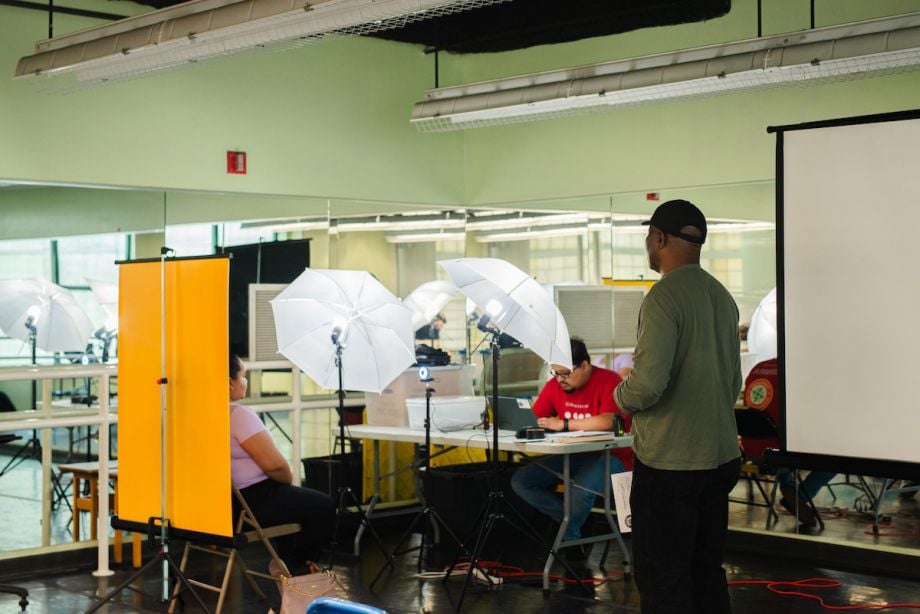
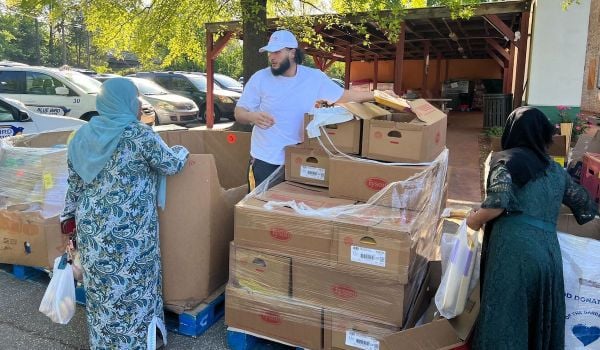
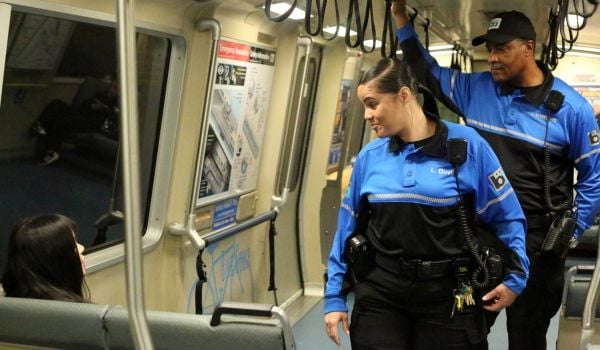

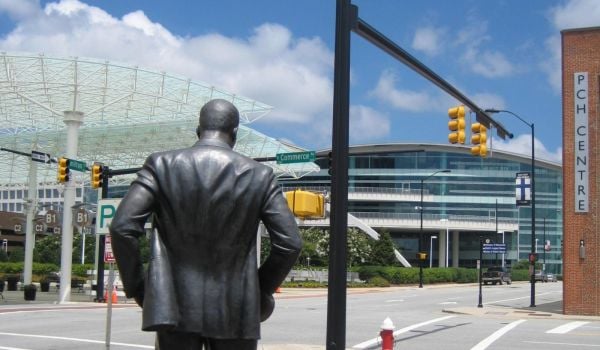
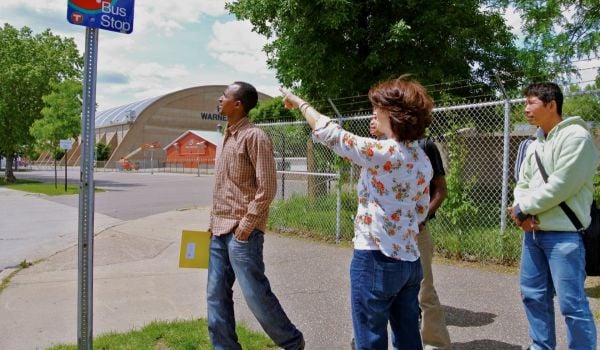
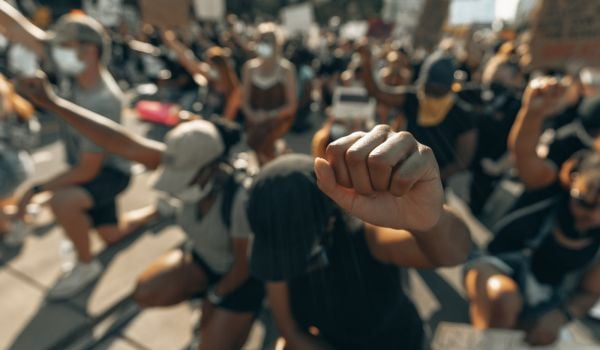

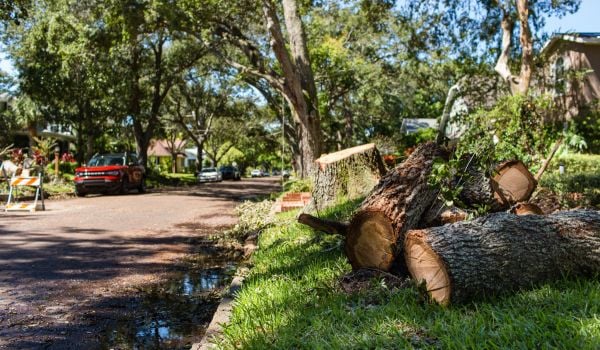







Add to the Discussion
Next City sustaining members can comment on our stories. Keep the discussion going! Join our community of engaged members by donating today.
Already a sustaining member? Login here.